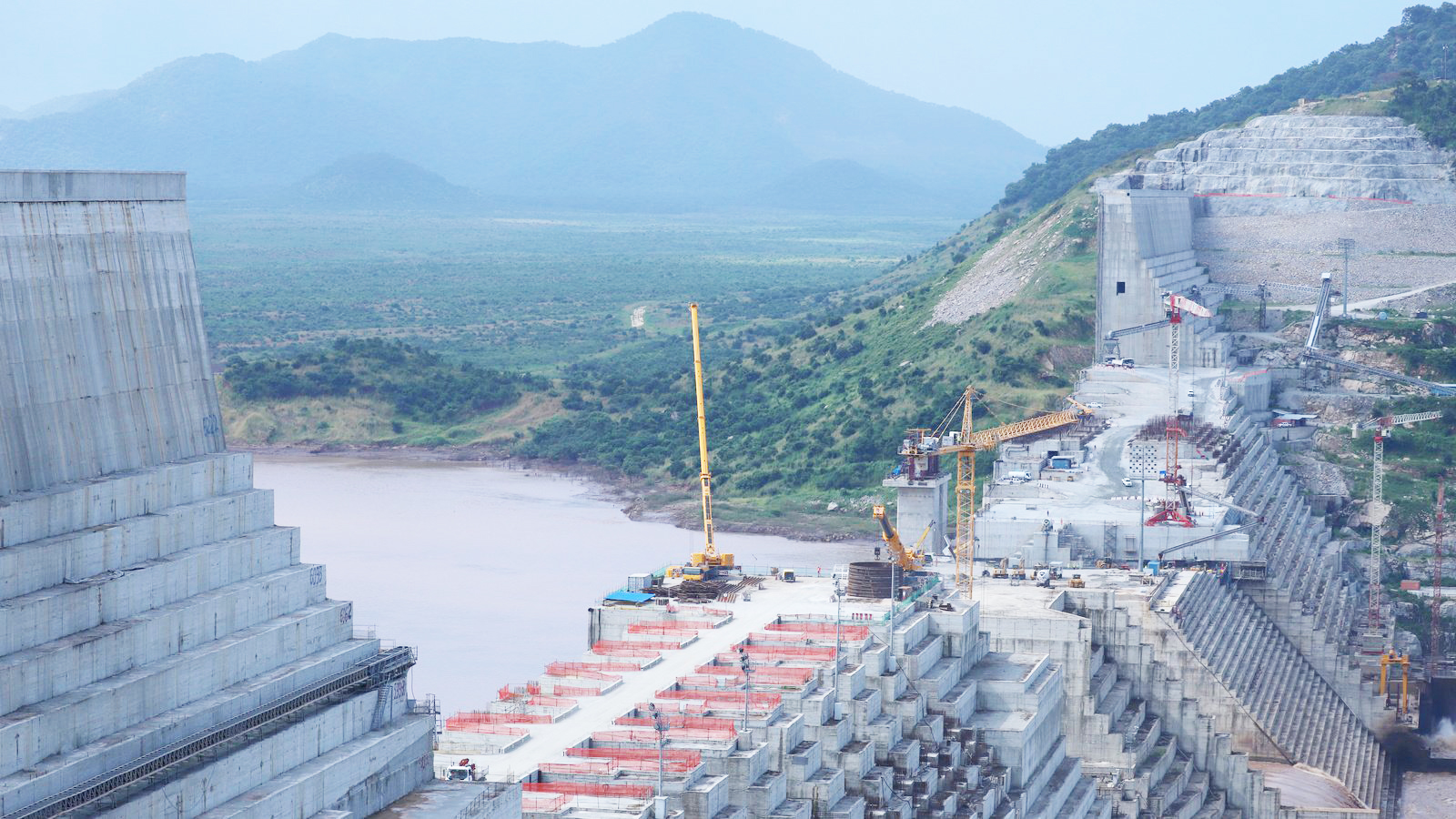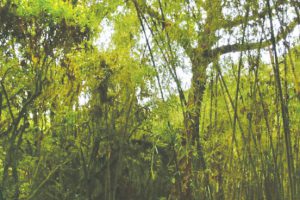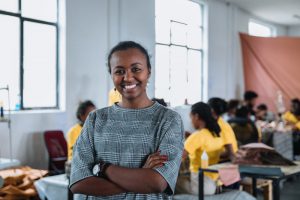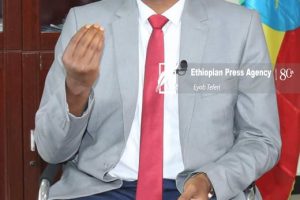
About 83 percent of Ethiopia’s population lives in rural areas and many derive their livelihoods from agricultural and environmental resources, primarily rain-fed agriculture and cattle grazing. Over 90 percent of the cropland consists of small scale rain-fed household production systems.
GERD is a matter of survival for nation that has about 55 percent or 60 million without access to electricity, marred with deprivation, deep rooted poverty, and low productivity. The project creates job opportunities for more than 11,000 citizens and 300 foreigners. Chiefly, years were counted that the Government of Ethiopia has started to go further in releasing the country from poverty and to be make it among with the developed countries.
“I usually feel embarrassed on the power cut, while I am making my customer’s hair. It will take more than couple of days for the power to fix. Do you know why? It is due to the lack of the overall access of electricity over the country. Then, my customer will be supposed to finish his hair style after two days or to go to other place where there is light.
Subsequently, this is the major reason for me to support and wait the filling of the Dam eagerly,” said Fikadu Amdea, a Barber around Addisu Gebeya, Addis Ababa.
Fikadu also told The Ethiopian Herald that the construction of the GERD will also save the extra amount of expense they spend for diesel power generator. “Despite our neighboring country, Egypt and some others are refusing the filling of our dam by this July, I am grateful to appreciate our government’s stance to finish the project,” he added.
Hunegnaw Abere, Owner of Nu Bar and Restaurant around Kotebe on his part said that it is so hard to run hotel service in Addis Ababa without electricity. For him constructing the GERD is not a luxury but a basic need for Ethiopia.
“Our ancestors have submitted this sovereign and free-colonized country by achieving victory against Italy at the Battle of Adwa in a spirit of loyalty, commitment and unity. They sacrificed their lives in a battlefield and became a source of pride for the African continent and the black people.
I am glad to be part of this history. I have purchased a Five thousand Birr bond of the GERD. Also I am happy to make SMS on 8100 for supporting the project. I am also ready for doing everything that is needed for completing the dam,” he noted.
If there is no light how could we run our modern life? Many of our sisters and mothers are still struggling with fire wood in the kitchen, why? It is because of lack of electricity. Many countries thought that the construction of GERD is not a matter of life and death for us. But, it is of paramount important for us. Therefore, I will never end my support for the project until its final, Hunegnaw noted.
“Now a days, we Ethiopians consider GERD as our sixth sense organ. It is a finger print of national-identity and a candle that would ignite the renaissance of the ancient land. And it is also a source of national pride for us,” said Asnakech Alemu Addis Ababa resident.
“The dam, with the capacity of generating 5,150 MW, will be the largest hydroelectric power plant in Africa and 7th in the world as well when completed. Coupled with it will be the major source of the economic benefit of Ethiopians and Ethiopia after all, she asserted.
Even newborn babies are also mimicking the phrase ‘light is on, light is off.” It is because of the usual light breaking happened in the city. Besides this, she also told The Ethiopian Herald that she has lost many of her electronic materials due to the frequent electric breaking.
However, the construction of the dam will help me and this generation particularly to reduce threats regarding the electricity. Therefore I am pleased and logical to say It is my dam. Yes it is my dam, it is our dam, Asnakech added.
Meanwhile, the Ethiopian highlands within the GERD watershed are considered to be one of the severest cases of watershed degradation in the world. The key to long-term success in watershed management lies not in the building of erosion control structures, but in changing the economic activities of the country to embrace sustainable production systems.”
The key underlying strategy is to greatly enhance productivity and economic value through optimal management of the best soils, while converting the poorer and steeper soils to woodlands (eg firewood, building materials), pasture, or tree crops. Multiple avenues need to be pursued to enable the farmer to enjoy higher income and enhanced economic security, providing self-sustaining economic incentives derived from the land itself which guides farmers to maintain and improve soils and sustain vegetative cover without additional external incentives.
For the accomplishment of the project, every section of the society, public servants, business people, farmers, Diaspora members, the file-and-rank in the army and security, government and non-governmental institutions and students and teachers, in a nut shell all Ethiopians have taken part in the process right from its inception. Right now their motto is “Yes, # It is my dam.”
The Ethiopian Herald June 27, 2020
BY HIZKEL HAILU




